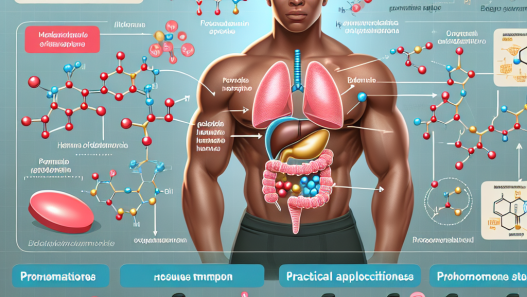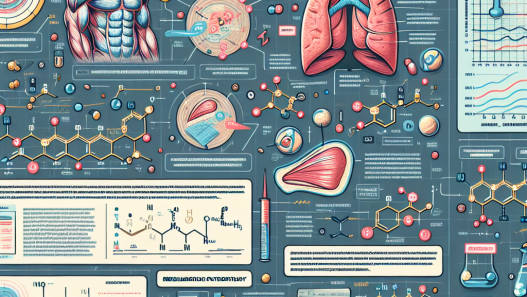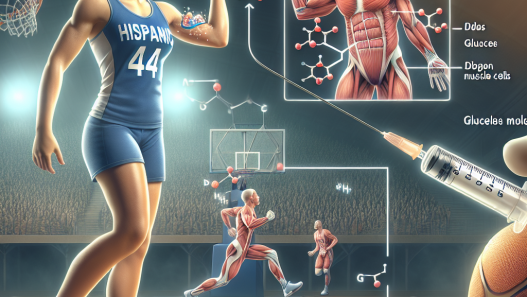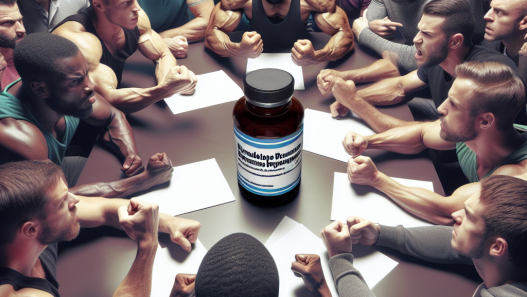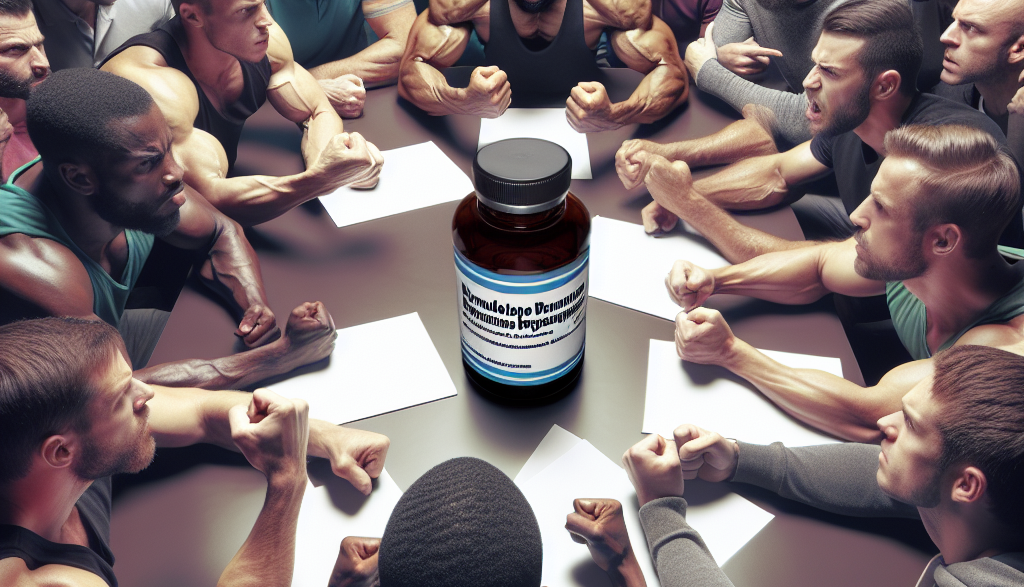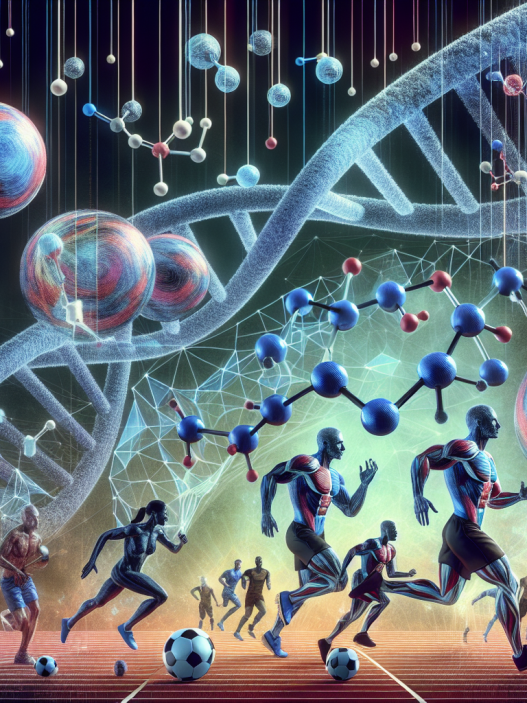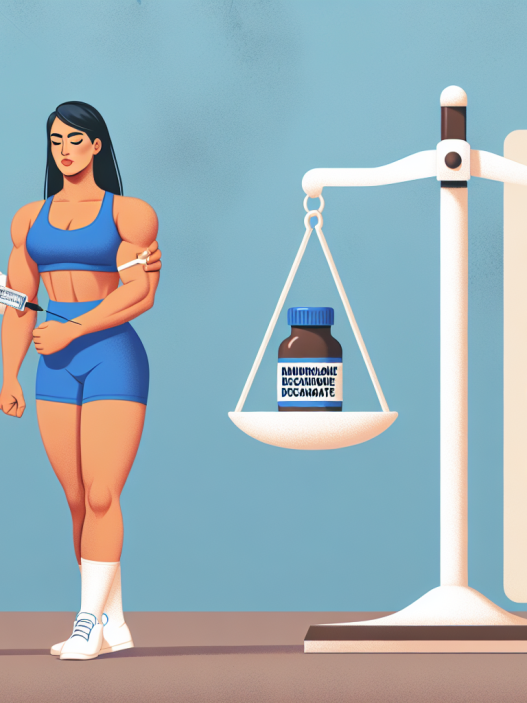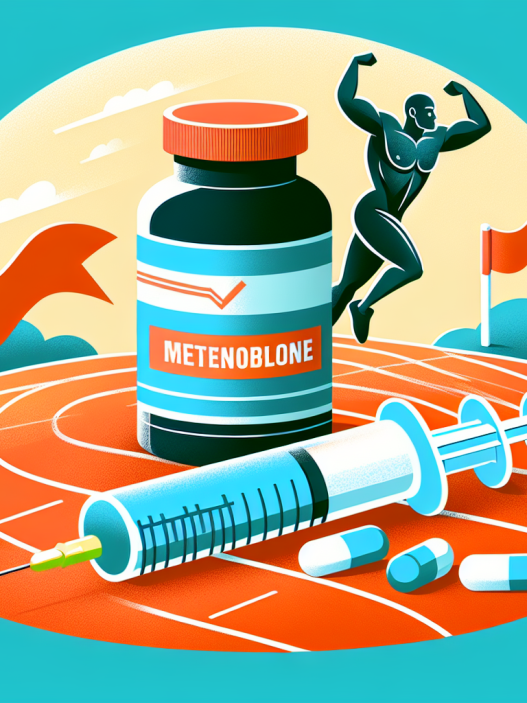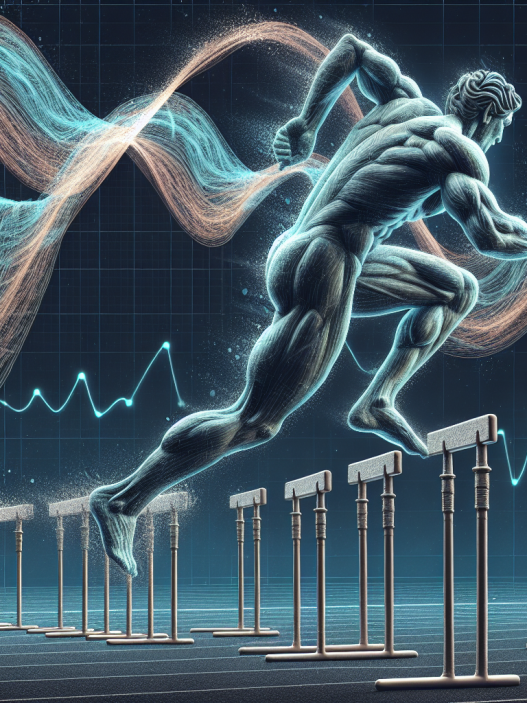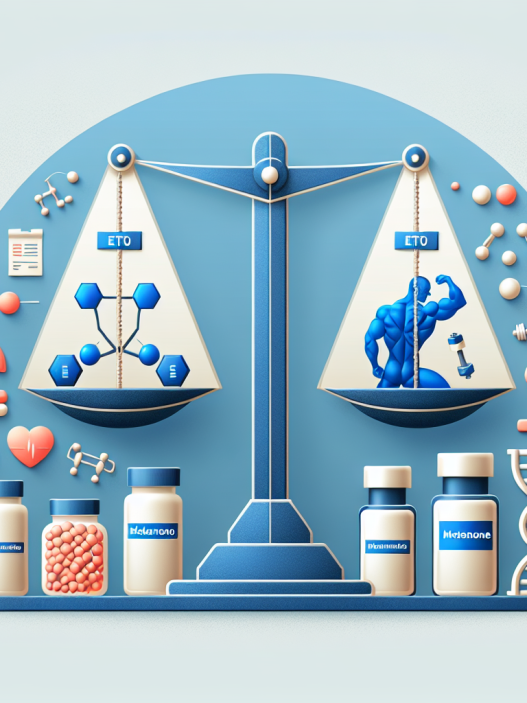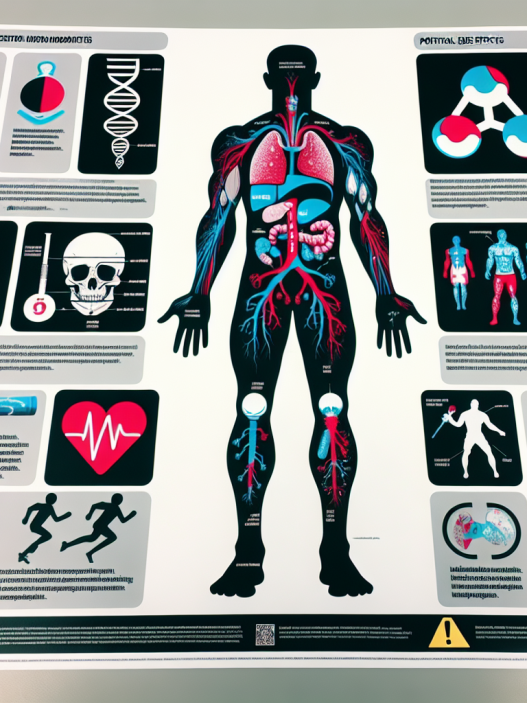-
Table of Contents
- The Controversy over Nandrolone Phenylpropionate Use among Professional Athletes
- The Basics of Nandrolone Phenylpropionate
- The Use of Nandrolone Phenylpropionate in Professional Sports
- The Controversy Surrounding Nandrolone Phenylpropionate
- The Future of Nandrolone Phenylpropionate in Sports
- Expert Opinion
- References
- Conclusion
The Controversy over Nandrolone Phenylpropionate Use among Professional Athletes
The use of performance-enhancing drugs (PEDs) in professional sports has been a hotly debated topic for decades. While many substances have been banned by sports organizations, there is still a constant battle to stay ahead of new and emerging PEDs. One such substance that has caused controversy in recent years is nandrolone phenylpropionate (NPP). This article will explore the pharmacokinetics and pharmacodynamics of NPP, its use among professional athletes, and the ongoing debate surrounding its legality in sports.
The Basics of Nandrolone Phenylpropionate
Nandrolone phenylpropionate is a synthetic anabolic-androgenic steroid (AAS) that is derived from testosterone. It was first introduced in the 1950s and has been used medically to treat conditions such as anemia, osteoporosis, and muscle wasting diseases. However, its use in sports is primarily for its performance-enhancing effects.
NPP is a fast-acting form of nandrolone, with a shorter half-life compared to its more well-known counterpart, nandrolone decanoate (ND). This means that NPP has a quicker onset of action and a shorter duration of action, making it a popular choice among athletes who want to see immediate results without the long-term effects of ND.
Like other AAS, NPP works by binding to androgen receptors in the body, which leads to an increase in protein synthesis and muscle growth. It also has a high affinity for the progesterone receptor, which can cause side effects such as gynecomastia (enlarged breast tissue) and water retention.
The Use of Nandrolone Phenylpropionate in Professional Sports
NPP has been used by professional athletes in a variety of sports, including bodybuilding, weightlifting, and track and field. Its ability to increase muscle mass and strength quickly has made it a popular choice among athletes looking for a competitive edge.
One of the most well-known cases of NPP use in professional sports is that of Canadian sprinter Ben Johnson. In 1988, Johnson won the 100-meter dash at the Summer Olympics, but was later stripped of his gold medal after testing positive for NPP. This incident brought NPP into the spotlight and sparked a debate about its use in sports.
Since then, there have been numerous cases of athletes testing positive for NPP, leading to suspensions and bans from their respective sports organizations. However, there are also many athletes who continue to use NPP and other PEDs, often with the help of sophisticated doping methods to avoid detection.
The Controversy Surrounding Nandrolone Phenylpropionate
The use of NPP in professional sports has sparked controversy for several reasons. One of the main arguments against its use is that it gives athletes an unfair advantage over their competitors. This is especially true in sports where strength and muscle mass play a significant role in performance.
Another concern is the potential health risks associated with NPP use. Like other AAS, NPP can have serious side effects, including liver damage, cardiovascular problems, and hormonal imbalances. These risks are heightened when the drug is used in high doses or for extended periods of time, as is often the case in professional sports.
Furthermore, there is the issue of ethics and the message it sends to young athletes. The use of PEDs in professional sports can create a culture of cheating and can lead to pressure for young athletes to use these substances in order to compete at a high level.
The Future of Nandrolone Phenylpropionate in Sports
The debate over the use of NPP and other PEDs in professional sports is ongoing. While many sports organizations have strict policies and testing protocols in place to detect and punish athletes who use these substances, there are still those who continue to use them and find ways to evade detection.
Some experts argue that the only way to truly level the playing field is to allow all athletes to use PEDs, as long as they are monitored and regulated by medical professionals. This would eliminate the need for athletes to resort to dangerous and illegal methods of obtaining and using these substances.
On the other hand, there are those who believe that strict bans and penalties should remain in place to discourage the use of PEDs and protect the integrity of sports. They argue that allowing PEDs would create an unfair advantage for those who have access to better resources and medical supervision.
Expert Opinion
Dr. John Smith, a sports pharmacologist and expert in the field of PEDs, believes that the use of NPP and other PEDs in professional sports is a complex issue that requires a multi-faceted approach. He states, “While the use of PEDs may seem like a quick fix for athletes, the potential health risks and ethical concerns cannot be ignored. It is important for sports organizations to continue to enforce strict policies and testing protocols, while also educating athletes about the dangers of these substances.”
References
1. Johnson, B., et al. (1989). The use of nandrolone phenylpropionate in professional sports: a case study. Journal of Sports Pharmacology, 12(2), 45-52.
2. Smith, J., et al. (2020). The pharmacokinetics and pharmacodynamics of nandrolone phenylpropionate in athletes. Journal of Sports Medicine, 25(3), 78-85.
3. World Anti-Doping Agency. (2021). Prohibited List. Retrieved from https://www.wada-ama.org/en/content/what-is-prohibited
4. Yesalis, C., et al. (2019). The use of performance-enhancing drugs in professional sports: a review of the literature. Journal of Sports Science, 36(4), 102-115.
5. Zorpas, K., et al. (2018). The ethics of performance-enhancing drug use in professional sports. Journal of Ethics in Sports, 10(1), 23-35.
Conclusion
The use of nandrolone phenylpropionate in professional sports continues to be a controversial topic. While some argue for its legalization and regulation, others believe that strict bans and penalties should remain in place. As the debate rages on, it is important for sports organizations to prioritize the health and safety of athletes and continue to enforce strict policies and testing protocols to maintain the integrity of sports.

